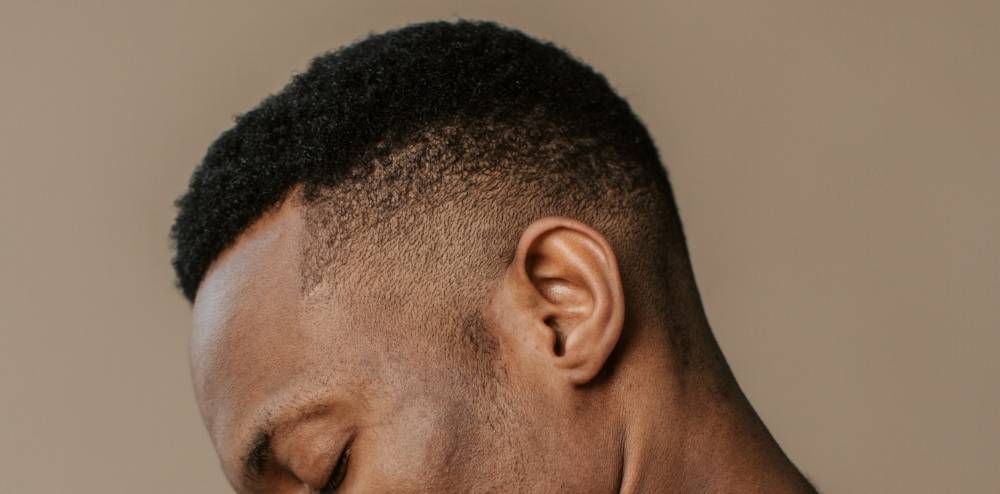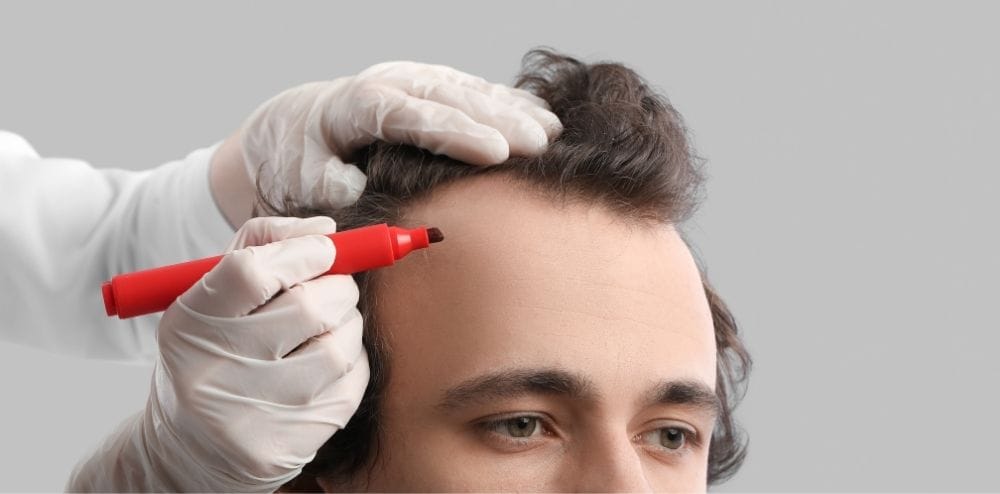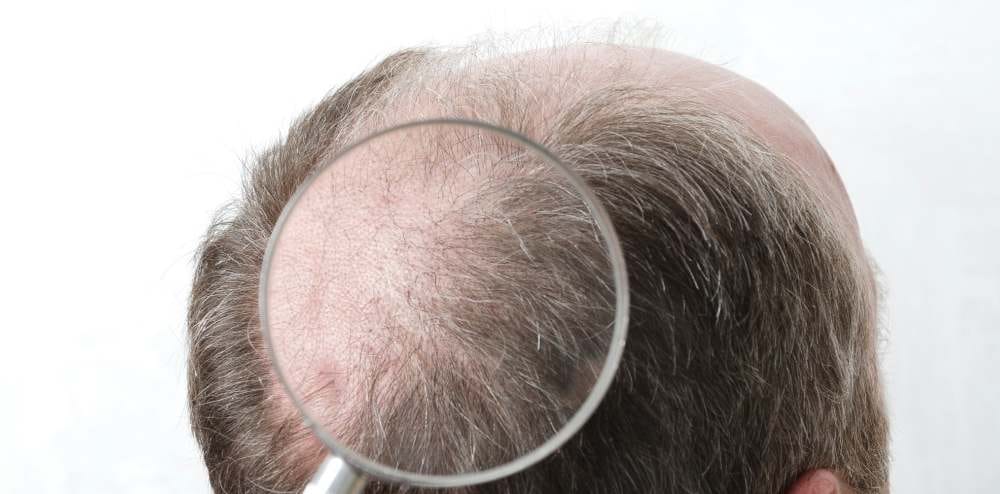Hair loss is a common concern among many people, and for those with Afro hair, the problem can be even more challenging to address. Afro hair, also known as black and curly hair, so it is unique and requires special attention during a hair transplant procedure. The curls and coils of Afro hair can make it more challenging to transplant, as the hair follicles may be more tightly packed and difficult to access. Additionally, Afro hair is more prone to scarring, which can affect the final results of the transplant. Additionally, the curls and coils of Afro hair can make it harder to create a natural-looking hairline.
One of the most popular options for addressing hair loss is a hair transplant. This procedure involves removing hair follicles from one area of the scalp (the donor area) and transplanting them to the area of hair loss (the recipient area). However, when it comes to Afro-hair, the transplant process can be more complex.
The FUE (follicular unit extraction) method is often used for Afro hair transplants, as it is less invasive and causes less scarring than the traditional FUT (follicular unit transplantation) method. This method involves removing individual hair follicles from the donor area and transplanting them to the recipient area. Because the FUE method does not involve a surgical incision, it is less likely to cause scarring.
It’s important to note that a hair transplant may not be the best solution for everyone. A consultation with a hair restoration specialist will be helpful to determine if a hair transplant is the best option for you. Also, it’s important to have realistic expectations about the results of the procedure. While a hair transplant can help to restore hair growth, it may not be able to fully restore the original hairline or density.
In conclusion, hair loss can be a difficult issue to address, especially for those with Afro hair. A hair transplant can be a great option for some people, but it’s important to find a hair transplant expert who has experience working with Afro hair and understands the unique characteristics of this hair type. Additionally, it’s important to have realistic expectations about the results of the procedure. If you are considering a hair transplant, it’s important to have a thorough consultation with a hair restoration specialist to determine if it’s the best option for you.







